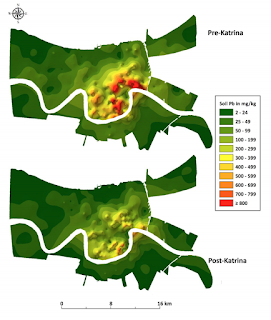April 2019

Finally, we are wrapping our year up with the last blog post! With MCAT preparations and job applications the past month has really flown by. In the next year, I hope to teach in underserved communities. I have always been so lucky to have a choice with my career path and my life because of my loving parents. Financial barriers can impede on a student's ability to actively learn, so I would like to create an environment that stimulates a desire to learn regardless of any other issues. I believe that places like KiPP and City Year would be a great starting point to help students in these underserved communities. I also enjoyed our Environmental Signaling elevator talks! It was a great way to learn what each of us are passionate about and work on our presenting skills. I appreciate everything that I have learned at Tulane during this Master's program, and I hope that I will continue to use and flourish this knowledge as I become a physician one day! April Service hours: 12 ...
